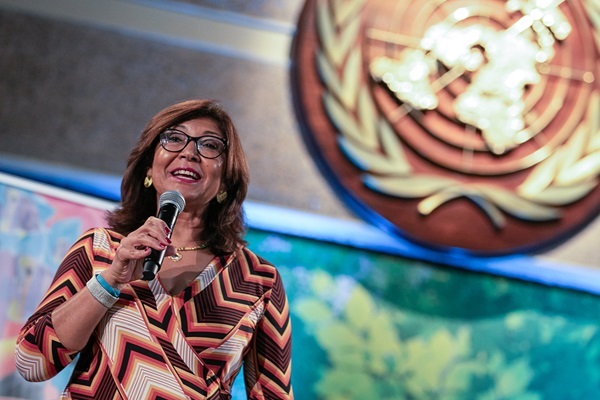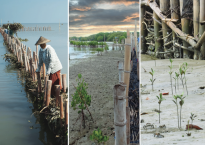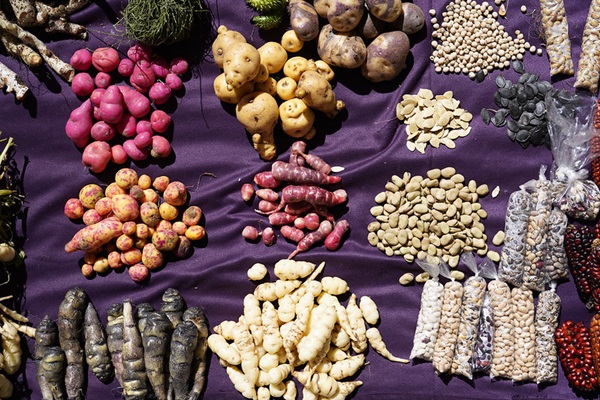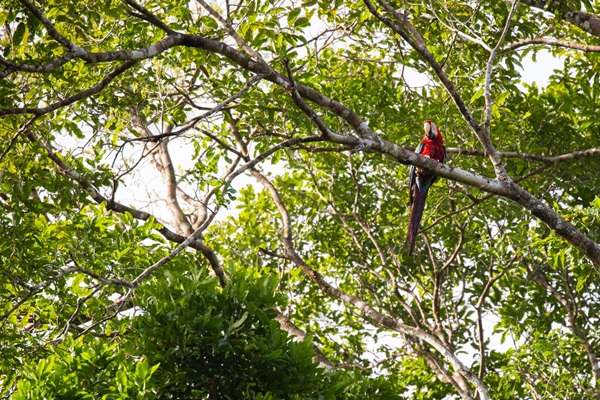News

Agrifood systems transformation holds the key to our environmental challenges
01/03/2024
Transforming our agrifood systems to make them more efficient, inclusive, resilient, and sustainable is key to addressing the triple planetary crisis of climate change, biodiversity loss, and pollution. This was the overarching message from the Deputy Director-General of the Food and Agriculture Organization of the United Nations (FAO), Maria Helena Semedo, in a series of events during the sixth session of the United Nations Environment Assembly (UNEA) and the Second Quadripartite Executive Annual Meeting.

New guidance aims to maximize benefits of ecosystem restoration
29/02/2024

FAO's GIAHS Programme seeks new experts for the Scientific Advisory Group
26/02/2024

FAO supports Zimbabwe to stop the loss of agricultural biodiversity through sound management of pesticides
25/02/2024

Charting a transparent path for global forest data
25/02/2024

Sacred plant helps forge a climate-friendly future in Paraguay
15/02/2024

Putting the brakes on the loss of biodiversity for food and agriculture in Africa
06/02/2024

Pulses and soils: a dynamic duo
05/02/2024
They are the dried edible seeds of legumes both cultivated for food and feed. They are pulses, and if you didn’t know already, they have the potential to transform our agrifood systems.
Colourful and flavourful, small yet powerful, pulses include the well-known beans, lentils, chickpeas and peas but there are also the lesser-known kinds like tarwi beans and adzuki beans.

World Wetlands Day – 2 February
31/01/2024

